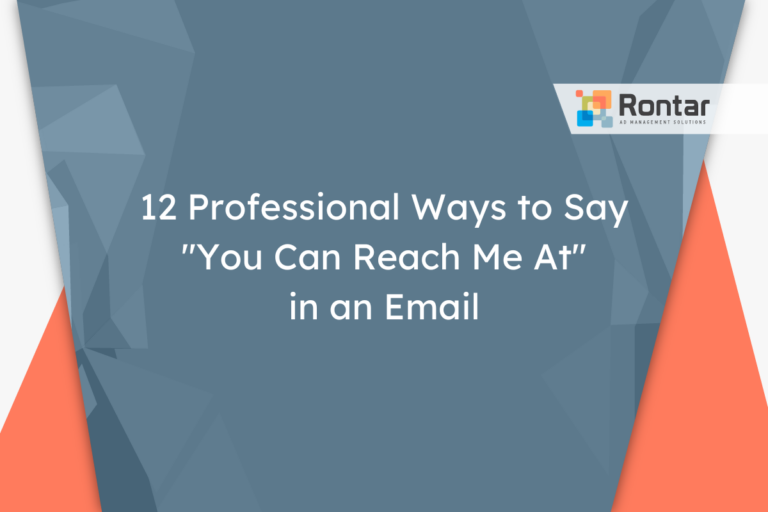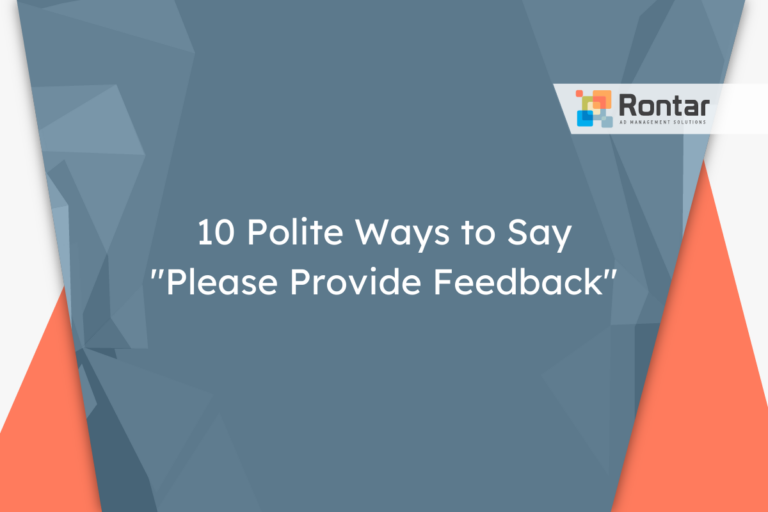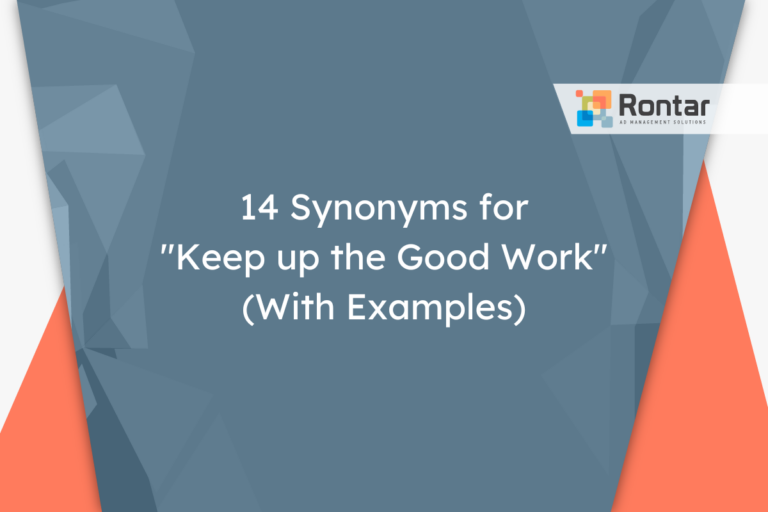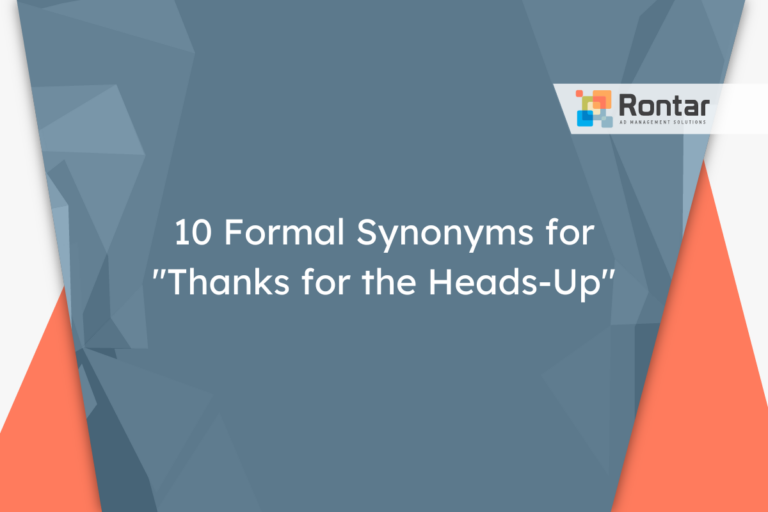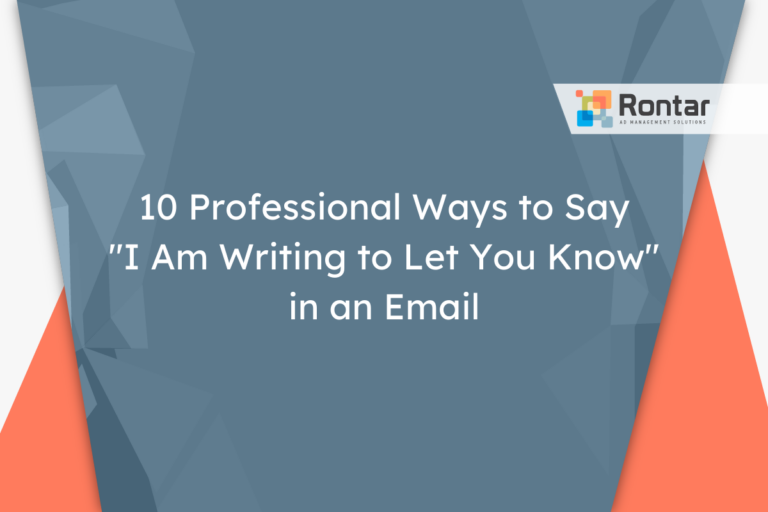10 Alternatives to “I Look Forward to Your Reply”

Ending professional emails with “I look forward to your reply” is common, but using the same phrase every time can get boring. To keep your emails fresh and engaging, we recommend using different phrases with the same meaning.
This article lists ten alternatives to bring variety to your email sign-offs. Each alternative is explained with examples, showing how and when to use them effectively.
Is It Formal to Say “I Look Forward to Your Reply”?
The phrase “I look forward to your reply” is considered professional, formal, and polite. It’s a standard way to end emails or letters when you’re expecting a response from the recipient.
This phrase is suitable in situations where formal communication is expected, such as in business emails, official requests, or when writing to someone you don’t know well. It’s ideal for use with clients, managers, or any professional contact.
Here’s a short email example:
Dear Mr. Thompson,
I am writing to inquire about the availability of your conference rooms for the upcoming regional meeting on October 5th. We anticipate requiring space for approximately 20 attendees and would appreciate details on your facilities’ capacity and catering options.
I look forward to your reply.
Best regards,
Emily Gates
Pros:
- Conveys anticipation and respect for the receiver’s response.
- Keeps the tone of the email professional.
- Clearly indicates you are waiting for a response, prompting a reply.
Cons:
- Can feel overly formal or stiff in casual or internal communication.
- May be overused, losing its impact over time.
Someone might want to use an alternative phrase to “I look forward to your reply” to vary their language or to better match the tone to the context of their message.
10 Other Ways to Say “I Look Forward to Your Reply”
Here are ten common and slightly less formal alternatives to “I Look Forward to Your Reply” that can still keep your emails professional:
- Awaiting your response
- Excited to hear back from you
- Anticipating your reply eagerly
- Looking forward to hearing from you
- Hope to receive your feedback soon
- Can’t wait to hear your thoughts
- Please let me know what you think
- Keen to hear your opinion
- Eager for your reply
- Waiting for your feedback
1. Awaiting your response
This alternative showcases anticipation but does this in a style that’s considered less formal than the original phrase. It’s professional and highlights patience and expectation. This option, “Awaiting your response,” is effective in messages where a timely follow-up is crucial.
It is highly suitable for professional contexts where you have an established relationship with the correspondent, or the topic is of mutual interest. It works well in emails and professional messages.
Email example:
Dear Ms. Alvarez,
Thank you for discussing the project details yesterday. I’ve attached the revised proposal for your review.
Awaiting your response,
Michael Roberts
2. Excited to hear back from you
This phrase indicates enthusiasm and a more personal touch, making it less formal but still professional and polite. “Excited to hear back from you” is best used when you’ve discussed something of mutual interest or an exciting opportunity.
It’s appropriately utilized in emails with colleagues or clients you have a good rapport with. Despite its informal tone, it maintains professionalism in the workplace and is best suited for emails or digital communication.
Here’s an example:
Dear Luke,
I’ve finished reviewing the final draft of the Henderson project. It looks fantastic and aligns well with our objectives.
Excited to hear back from you,
Samantha Lee
3. Anticipating your reply eagerly
This alternative is similar to looking forward to a reply but adds an element of eagerness. While it remains professional, it conveys more enthusiasm. “Anticipating your reply eagerly” is suitable for messages where the sender has a vested interest in the response or outcome.
This phrasing is particularly fitting for emails to colleagues or professional contacts with whom you have a friendly relationship. It’s great for all types of professional digital communication.
Email example:
Dear Mr. Carlton,
We have submitted the grant proposal as per the guidelines discussed. Your feedback will be invaluable to our next steps.
Anticipating your reply eagerly,
Alexa Turner
4. Looking forward to hearing from you
This is a direct synonym of the original phrase but slightly informal. It remains professional and is universally accepted as polite. “Looking forward to hearing from you” suits various situations, from job applications to business proposals. It’s best used when expecting a detailed response or when wanting to convey a positive anticipation of the recipient’s feedback. This phrase is versatile and can be used in emails, letters, and other professional formats.
Here’s an example:
Dear Dr. Henley,
I have attached the report on the market analysis for your review. Your insights will be highly appreciated.
Looking forward to hearing from you,
George Kinnear
5. Hope to receive your feedback soon
This alternative expresses a desire to obtain feedback in a timeline, making it slightly less formal. It is professional and implies that the sender values the recipient’s opinion. “Hope to receive your feedback soon” is optimal for scenarios where feedback is crucial for proceeding with a project or decision.
It’s most effective in emails to colleagues or superiors from whom you need specific advice or approval. It maintains a professional demeanor yet is best suited for situations requiring prompt feedback.
Email example:
Dear Clara,
Following our meeting, I've updated the project timeline. Your thoughts on these changes would be greatly appreciated.
Hope to receive your feedback soon,
Jacob Morris
6. Can’t wait to hear your thoughts
This phrase expresses a high level of enthusiasm and anticipation. While it’s informal, it can still be professional in the right context, especially for creative fields or amongst team members who share a close working relationship. “Can’t wait to hear your thoughts” is excellent for emails where you are excited about the recipient’s input or opinion.
It is most suitable for colleagues or professional contacts you know well and is great for informal email exchanges or when discussing innovative projects.
Here’s an example:
Dear Evan,
I’ve just finished the prototype of the new app feature we discussed. It has some unique elements that I believe you’ll find interesting.
Can't wait to hear your thoughts,
Tiffany Wells
7. Please let me know what you think
This alternative is direct, professional, and polite, inviting the recipient’s opinion or feedback straightforwardly. “Please let me know what you think” is perfect for all professional contexts, from seeking feedback on a document to making decisions that require team input.
This alternative is best used in emails directed at colleagues or superiors where the goal is to gather feedback or opinions. It is fit for formal and semi-formal communication, enhancing the message’s clarity and directness.
Email sample:
Dear Team,
Attached, you’ll find the proposed changes to our work-from-home policy. Your feedback is essential to finalizing these adjustments.
Please let me know what you think,
Harriet Simmons
8. Keen to hear your opinion
This option emphasizes the sender’s interest in the recipient’s viewpoint, presenting a blend of formality and informality. It is professional and polite and adds a personal touch by showing genuine interest in the recipient’s perspective.
“Keen to hear your opinion” is especially suitable for emails to mentors, colleagues, or advisors where their expertise or viewpoint is sought after. It’s fitting for professional discussions, feedback requests, and advice inquiries in more formal communication channels.
Example:
Dear Professor Dawson,
I’ve drafted an outline for the upcoming research paper on urban sustainability. Given your expertise in this area, I would value your perspective.
Keen to hear your opinion,
Sophia Jenkins
9. Eager for your reply
This synonym shares a similar level of anticipation as the original but with a touch of eagerness. It’s professional, conveying a strong desire for response. “Eager for your reply” works well in situations where the sender is waiting on a decision or information that will impact their next steps.
It is especially effective in communications with decision-makers, clients, and partners where the response is eagerly awaited. This alternative is suitable for both formal and informal professional emails.
Here’s an example:
Dear Ms. Richards,
Following our conversation, I have forwarded the contract revisions. Your approval is eagerly awaited to proceed.
Eager for your reply,
Nathan Choi
10. Waiting for your feedback
This phrase is straightforward, indicating that the sender is in a holding pattern until feedback is received. It is professional and hints at a more passive stance, suitable for follow-ups or when the next steps depend on the recipient’s input.
“Waiting for your feedback” is ideal for situations requiring detailed feedback or approval from colleagues, mentors, or supervisors. It is appropriate for professional settings, particularly in emails where the sender seeks a review or response to proceed with a project or task.
Email example:
Dear Jack,
I've reworked the budget estimates as requested in our last meeting. Your detailed review will help refine the final numbers.
Waiting for your feedback,
Olivia Santos
Final Thoughts
Using different ways to say “I look forward to your reply” can make your emails stand out and show that you care about your communication style. With the ten alternatives we’ve shared, you have a variety of choices to match the tone and formality of different situations.

